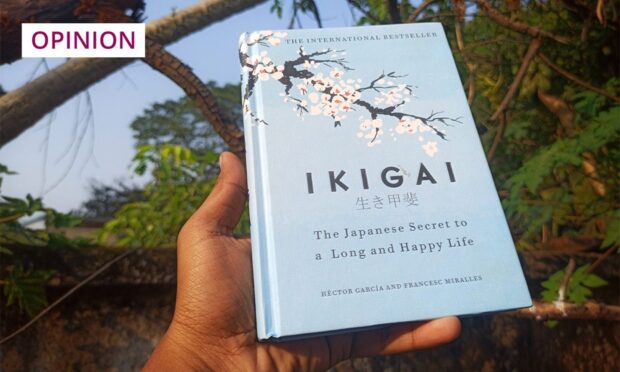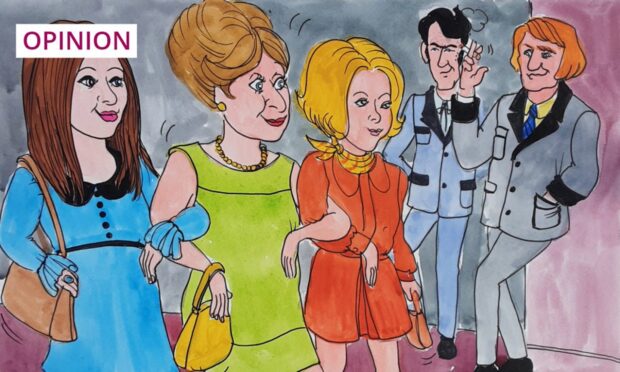I’ve previously failed to write humorously about the role the tattie holidays play in the north-east psyche.
I thought those columns were funny, but one of my efforts led to a complaint. Keen to avoid a repeat, I’ll start by saying that it’s a disgrace kids were once asked to pick tatties, and it’s much better that they now sit at home on screens and get given money.
Avoiding humour and controversy, I’m about to tackle core economic theory and make it better. This will demonstrate that I am a genius, and harness the power of Turkish rum, beer and baklava. It will probably win The P&J a prize, and ensure I get an honorary degree from one of the Aberdeen universities. My chosen economic theory today is the labour and leisure indifference curve.
The curve I speak of shows a relationship which is simple. Broadly speaking, it theorises that, at some point, people should choose to take leisure time rather than working as, rationally, it is good for them.
A simple example of enabling this choice is that, at my current place of work, we have the ability to buy holidays. Thus, instead of the standard 34 days a year, one can have 39 days holiday and forgo a week’s wages. In a nutshell, this allows a trade-off on the labour and leisure indifference curve. Not many people choose to buy holidays!
The problem is, in the western world, our mentality is dominated by wealth accumulation. This means we are not rational; we work too hard and don’t spend enough time doing “leisure” things.
After some time lazing about, I have started to question my own views on wealth and time. This is the first proper holiday away from work I have had for a few years, really. It has enabled me to conclude that it’s not really about labour and leisure at all, but deeper-seated issues we have in the west. The leisure part of the curve needs deeper analysis.
Ikigai brings a feeling of inner wealth
Using my leisure time this week, I have been able to do some reading. Most of the literature has been on Aberdeen FC, AFC stats, a book about Oasis, and some Beano comics. However, I have done some highbrow reading, too, and one book was about a Japanese philosophy called Ikigai.
In short, Ikigai is your reason to get up in the morning. In self-help lingo, this would be all about “purpose”. Of course, the nature of Japanese culture is that this little word means much more than that.
Learning about Ikigai led me to think that life isn’t as simple as a two-item trade-off (time off or working). Doing some research, I found that there are different ways to categorise leisure, and the one that I liked most included three aspects, which are social, physical and cognitive leisure. The first two are “core” leisure, but the third area (cognitive) fits best with thinking about “purpose” or Ikigai.
Ikigai is about being proud of what you do, being at ease with yourself, and excelling in whatever you choose to be or do. In that sense, it brings a feeling of inner wealth.
It’s OK if your success doesn’t bring financial reward
Japanese people respect the achievements of others who perform in their field – no matter what it is. Importantly, they are also indifferent if that “success” does not bring financial reward.
There were some great examples of excellence in the book, including chefs seeking perfection when making dumplings, tradespeople retaining century-old skills, gardeners and even sumo wrestlers. I’d say the greenkeepers at the golf Masters also have these characteristics of seeking perfection.
I will also reflect on the excellence others show around me, and consider how that can be celebrated with pride and humility
I’ll certainly come back to the Granite City and be proud of what I do, what I have achieved, and maybe work harder on the things that are important to me. I will also reflect on the excellence others show around me, and consider how that can be celebrated with pride and humility.
I’ve never been too impressed by people flashing cash, and I know a little more now than I did before on why I am like that… Maybe I have Ikigai – and maybe tattie pickers do, too!
James Bream is CEO of Aberdeen-based Katoni Engineering and chair of DYW North East












Conversation